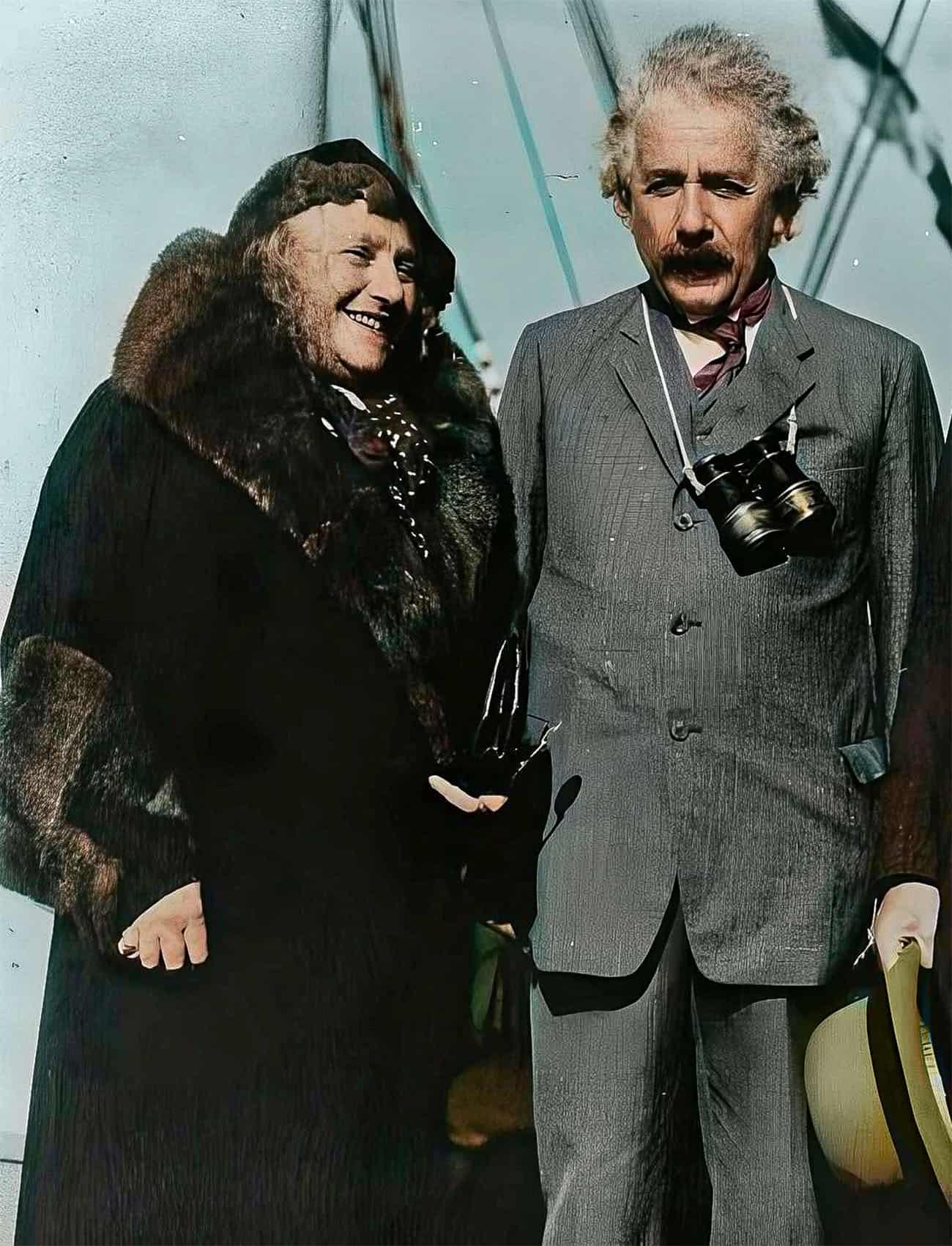Elsa Einstein: The Life of Einstein’s Second Wife
When Elsa gifted Einstein some personal hygiene utensils, Einstein replied, saying you can "look for a friend more palatable to female tastes."

When Elsa gifted Einstein some personal hygiene utensils, Einstein replied, saying you can "look for a friend more palatable to female tastes."



